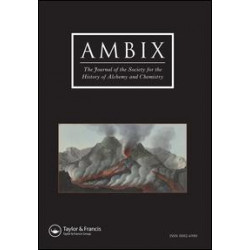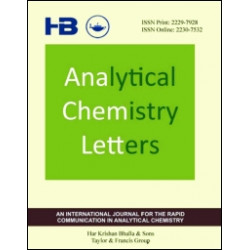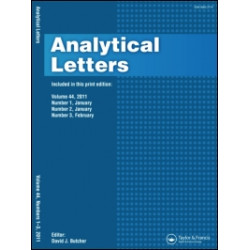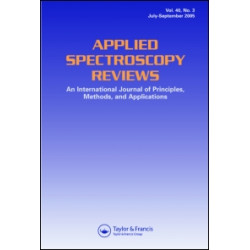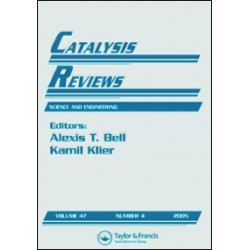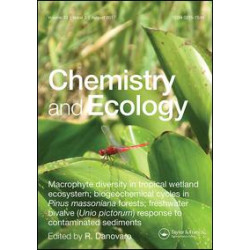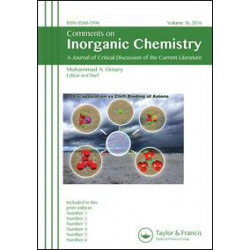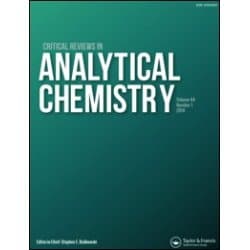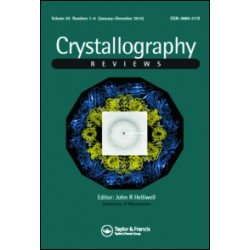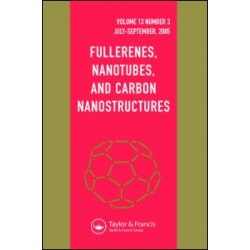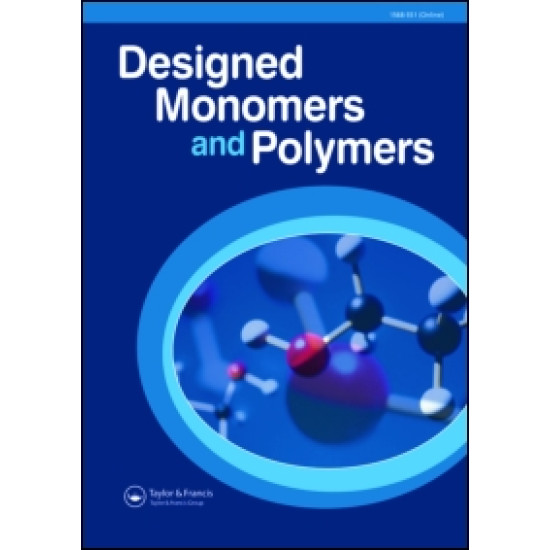
Designed Monomers and Polymers (DMP) publishes prompt peer-reviewed papers and short topical reviews on all areas of macromolecular design and applications. Emphasis is placed on the preparations of new monomers, including characterization and applications. Experiments should be presented in sufficient detail (including specific observations, precautionary notes, use of new materials, techniques, and their possible problems) that they could be reproduced by any researcher wishing to repeat the work.
The journal also includes macromolecular design of polymeric materials (such as polymeric biomaterials, biomedical polymers, etc.) with medical applications.
DMP provides an interface between organic and polymer chemistries and aims to bridge the gap between monomer synthesis and the design of new polymers. Submssions are invited in the areas including, but not limited to:
- macromolecular science, initiators, macroinitiators for macromolecular design
- kinetics, mechanism and modelling aspects of polymerization
- new methods of synthesis of known monomers
- new monomers (must show evidence for polymerization, e.g. polycondensation, sequential combination, oxidative coupling, radiation, plasma polymerization)
- functional prepolymers of various architectures such as hyperbranched polymers, telechelic polymers, macromonomers, or dendrimers
- new polymeric materials with biomedical applications
Even though monomers are the building blocks of polymers, there is no polymer journal that covers monomers as a specialized subject, and articles on monomers have been scattered over a vast number of journals. Designed Monomers and Polymers seeks to redress the balance by providing an international forum for the publication of research into monomers and the art and science of macromolecular design.
Designed Monomers and Polymers is now a fully open access journal. This means all accepted articles are available for anyone to read anythere, at any time immediately on publication. All submitted papers continue to be peer reviewed following the current rigorous process.
There is no charge on submission. Authors of accepted papers will pay an article publishing charge (APC) of £875 / $1135/ €1005 following peer review. We have agreed a discount on this APC for authors in some institutions. See our list of open access members for more details.
Peer Review Policy
All submitted manuscripts are subject to initial appraisal by the Editor. If found suitable for further consideration, papers are subject to peer review by independent, anonymous expert referees. All peer review is single blind and submissions can be made online via Editorial Manager.
Publishing Ethics
The Journal adheres to the highest standards of publishing ethics, with rigorous processes in place to ensure this is achieved. Taylor & Francis is a member of Committee of Publications Ethics (COPE) and utilizes CrossRef for all Journals. More information on our ethical standards and policies can be found here.







